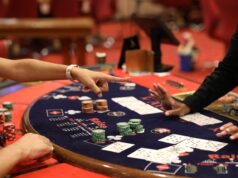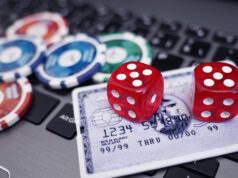Are you curious to know what really goes into slot machine programming? You’re not alone!
This article will uncover the hidden complexities of slot machine programming and explain what makes them tick. Get ready for a fascinating exploration of the secrets behind these popular casino slots – and how to outsmart them!
How Slot Machines Work
Slot machines, also known as one-armed bandits, are typically the best-known and most profitable games of chance for casinos. Originally based on mechanical spinning reels, slot machines now involve varied electronic components and complex algorithms which program the probability of a winning combination randomly popping up on the game screen. By understanding how slots work under the hood, we can develop effective strategies to increase our chances of winning and gain insight into what makes these machines so captivating to gamblers.
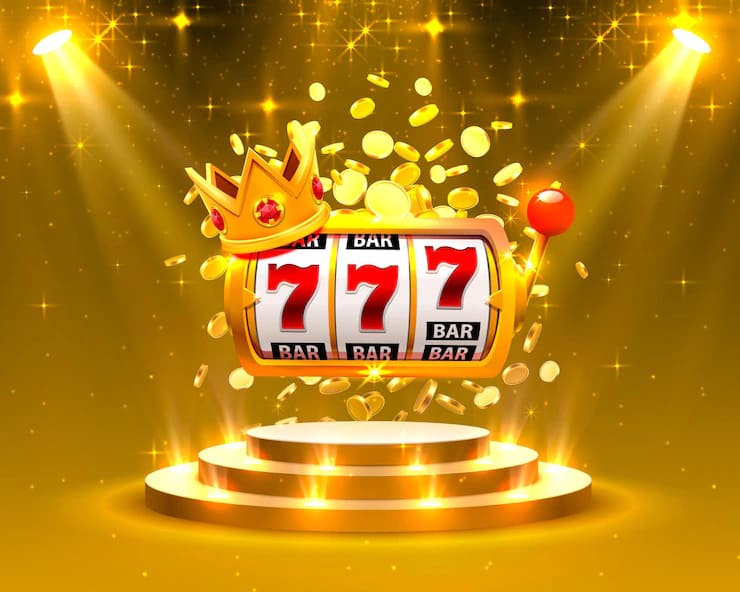
It’s important to note that the mechanics of slot machines in online casinos, such as leroijohnny, are generally the same as those found in traditional land-based casinos. The electronic components and algorithms that power these games of chance are designed to provide random results, which ensures fair gameplay for all players.
Before diving into the inner workings of slot machines, it is necessary to understand their essential components: coins and currency detectors, random number generators (RNGs), spinning reels or video screens showing symbols or design elements that form predetermined combinations needed to win a payout or bonus round. When a coin is inserted into a machine or an account credited with funds in an online casino environment, typically signals are sent via infrared communicators to activate payment mechanisms and start generating random numbers in the game servers. These instructions detail how much money was deposited and inform other components on the machine to activate activities such as turning on pay lines.
Upon initiating a new spin, the RNG calculations instruct each reel or video screen showing symbols to rotate separately before coming together randomly at certain positions after they both stop spinning. If all elements match in sequence as prescribed by predefined outcomes programmed by developers and form an exact pattern displayed on screen, players will benefit by winning credits (virtual “coins” that are used instead of real money).
The Role of Random Number Generators
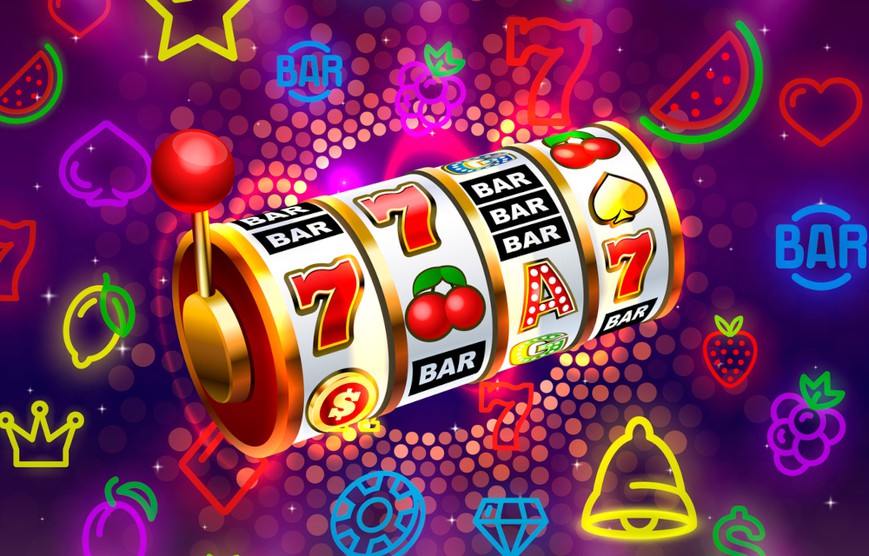
They have become an icon of gambling, providing a thrilling and exciting way for people to take a chance at winning big. While the concept of slots is simple, the inner workings of these machines are quite complex. Behind all their dazzling lights and spinning reels lie sophisticated technologies and algorithms that govern their random outcomes. At the heart of those algorithms are Random Number Generators (RNGs).
An RNG is essentially a computer program that produces a sequence of numbers in seemingly random fashion – similar to how a die or deck of cards would be shuffled on a gaming table. An RNG will repeat this pattern indefinitely, so no two plays on the same slot machine are ever identical. Every game you play produces entirely unique outcomes, making it impossible to predict future wins or losses.
The RNG works in tandem with “virtual reels” stored within the software code to determine what symbols appear on the physical reels when they come to a stop. The virtual reels are much larger in size than what can be displayed on screen, allowing for more combinations and potential payouts than one normally sees on slots machines without bonus features like wilds or scatter symbols.
Understanding Payouts and Probability

They are programmed according to predetermined probabilities. When you hit the ‘spin’ or ‘max bet’ button, the machine calculates the amount of money that is to be paid out based on a random number generator which associates each spin with a specific winning combination. While most players have no control over what’s happening inside the machine, understanding these fundamental principles can help maximize chances for winning in slot games.
Payout amounts vary from game to game depending on factors such as what type of symbols appear on spinning reels and how many symbols appear. The payout also varies with the denomination that’s wagered — penny slots usually pay less than nickel and dime slots when it comes to hitting the jackpot. Typically, higher denomination machines take longer odds against players than their lower denominations counterparts, but they also offer greater rewards so this should be taken into account when choosing which machine to play on.
Probability plays an important part in deciding how much will be paid out in slots as well as other casino games. It determines situations where a player might get lucky and hit big payouts while maximizing chances for regular small wins keeping players interested in playing more often without needing massive bankrolls to succeed. It also helps make sure that casinos aren’t giving away too much money out of their own pockets so that they stay running profitably long term. Understanding these complex probability algorithms requires advanced mathematical knowledge but grasping at least basic concepts can give you greater insight into how these games are programmed and why certain combinations pay more than others do.
The Regulation of Slot Machines
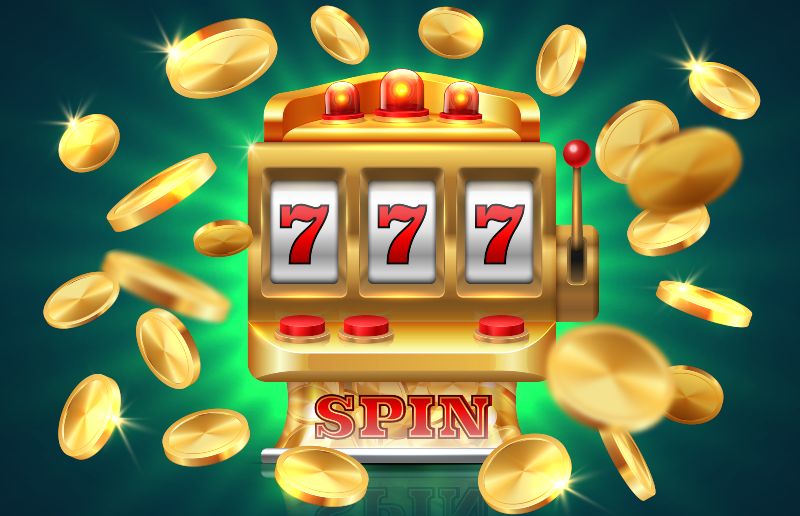
They are heavily regulated, with each jurisdiction and operator having specific rules about their usage. In the United States alone, these regulations can differ from state to state. In many countries outside the U.S., such as in the United Kingdom, gaming machines must additionally comply with a strict set of standards which covers the operation of slot machines and include measures such as age limits, due process methods, payouts and winnings tracking.
The regulation of these machines is part of a larger effort to keep gaming fair and promote responsible gambling. Each country has its own regulatory system which is designed to ensure that slot machine gaming proceeds in an orderly manner. This system sets up rules on how often jackpots are allowed to be awarded; limits both on bet size and win size; requires testing for randomness and fairness; specifies the number and location of slots; imposes taxes on slot machine operators, income limits for players; provides for safety measures such as alarms to spot suspicious patterns or fraudulent activity; sets up standards for background checks on staff who work with slots; authorizes testing laboratories to inspect slots compliance; determines which kind of skills games or skill-based features are allowed in casinos among many other things.
Conclusion
Overall, slot machines are highly sophisticated pieces of technology. Everything from the random number generator to the physical design is carefully crafted and designed to keep players engaged while providing a secure, fair gaming experience. Additionally, developers have taken steps to make sure that their design choices are culturally appropriate and guard against problem gambling; this is just one way that slot machine programming has strived to keep up with societal changes. You can also see breaf history of automat machine.

